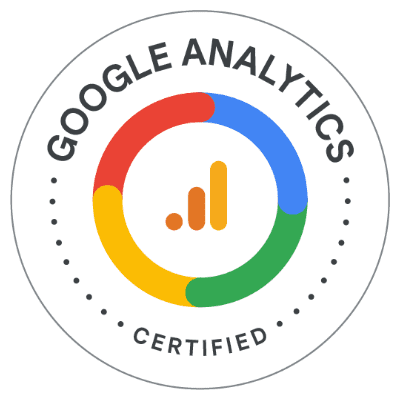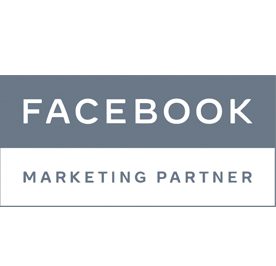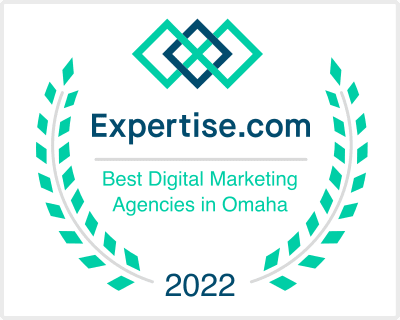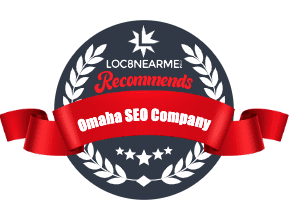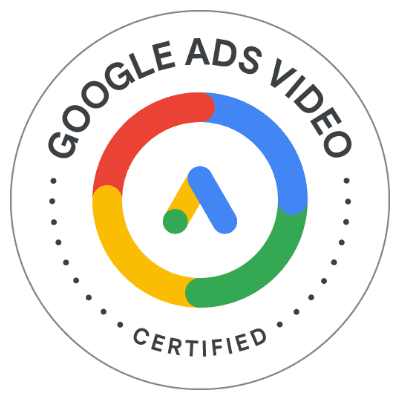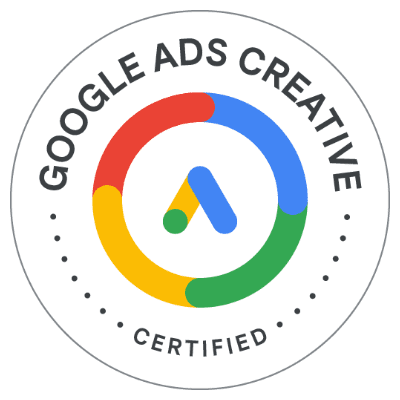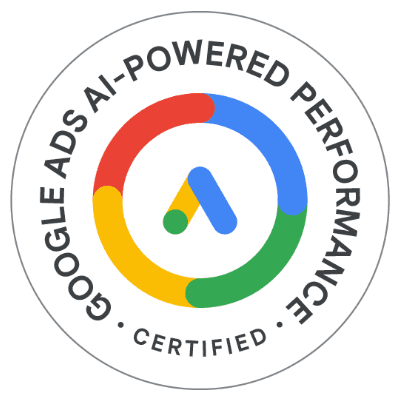Frequently Asked Questions
How long does it take to see SEO results?
Most clients start seeing improvements in organic traffic and keyword rankings within 3-6 months. However, SEO is a long-term investment. Sustainable results require consistent optimization, quality content, and ongoing technical improvements. Our clients who commit to a comprehensive SEO strategy typically see the most significant growth between months 6-12, with continued improvement over time. We provide detailed monthly reports so you can track progress every step of the way.
Do you work with businesses outside of Omaha?
While we're based in Omaha and specialize in local Nebraska businesses, we work with clients across the United States. Our expertise in local SEO, national SEO, and e-commerce optimization translates to any market. That said, we have deep knowledge of the Omaha and Nebraska business landscape, which gives our local clients a unique advantage.
What SEO services do you offer?
We offer a full suite of digital marketing services including Search Engine Optimization (SEO), Local SEO, Pay-Per-Click (PPC) advertising, Social Media Marketing, Custom Web Design, Email Marketing, Graphic Design, Video and Photography, CTV Advertising, AI SEO, Generative Engine Optimization (GEO), Amazon Ads Management, and Marketing Consulting. We customize our approach based on your specific business goals and budget.
How much do your SEO services cost?
SEO pricing varies based on your industry, competition level, current website status, and business goals. We offer customized packages tailored to your needs and budget. During your free consultation and SEO audit, we'll provide transparent pricing and a clear roadmap for what you can expect. Contact us for a personalized quote.
Do you offer a free SEO audit?
Yes! We provide a comprehensive, no-obligation SEO audit that identifies technical issues, keyword opportunities, and competitive gaps. This audit gives you a clear picture of where your website stands and what improvements will drive the most impact. There's no pressure to commit to our services. We believe in earning your business by demonstrating our expertise upfront. Request your free audit here.
Can you guarantee first-page Google rankings?
No reputable SEO company can guarantee specific rankings because Google's algorithm constantly changes and involves hundreds of ranking factors. However, we can guarantee that we'll use proven, white-hat SEO strategies to improve your visibility, traffic, and conversions.
What happens if I'm not happy with the results?
We maintain long-term relationships with our clients because we deliver results. If you're not satisfied, we'll work with you to adjust our strategy and improve performance. We provide monthly reports with full transparency, so you always know what we're doing and what results we're achieving. Our goal is to become a trusted partner in your business growth, not just another vendor.

